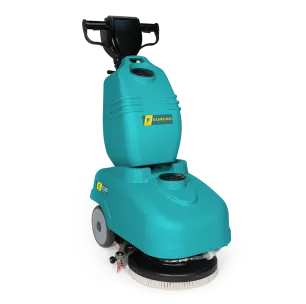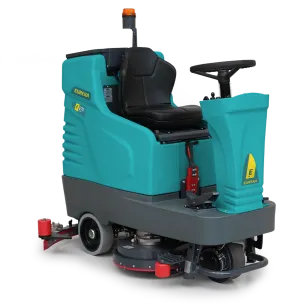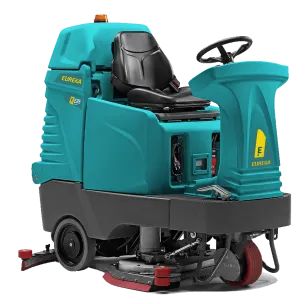Foundries and furnaces are some of the working environments that generate the most dust and debris. The processes involved produce non-recoverable dust that quickly accumulates on machines and floors in large companies that operate 24 hours a day.
What kind of dirt is found in industrial foundries and furnaces?
Foundry sands, fluxes, salts, coatings, deoxidisers... these are just some of the powdered and granulated materials that foundries consume in large quantities and are inevitably dispersed into the environment during storage, transit and use. Other kinds of dust are inevitably generated as by-products of various stages of the process, such as the removal of cores and sand moulds and the various stages of trimming, cleaning and polishing finished metal castings.
The same applies to furnaces that produce bricks, cement and other building materials by firing limestone, clays, gypsum, etc. at high temperatures. The workplace inevitably contains a lot of dirt at the start and at the end of the process.
Keeping these facilities clean is, however, a requirement that simply cannot be avoided, to protect the health of workers, to ensure a safe workplace and to avoid stoppages and damage to machinery.
How do you clean foundry and furnace floors?
A sweeper is indispensable for cleaning the floors of these environments, but it must be capable of high performance given the hostile environment, the amount of cleaning required and the nature of the dirt and floors to be cleaned.
While the size of the machine, its cleaning path and its productivity can easily be determined based on the size of the areas to be cleaned and the possible presence of narrow passageways, industrial sweepers must also have:
- the ability to pick up different kinds of dirt, with widely varying sizes and weights;
- a large and easy-to-empty debris hopper;
- highly effective dust filter, if possible with an anti-clog, self-cleaning system;
- a robust frame, capable of lasting for many years even on uneven floors and under challenging working conditions.
Which Eureka machines are best suited for sweeping the floors of furnaces and foundries?
Every Eureka sweeper promises effectiveness, easy operation and durability thanks to innovative technologies and top-quality components that meet the demands of the most challenging industrial environments.
- Machine frames are made of thick steel and Eureka has also developed the Total Steel line of machines to offer even greater impact resistance.
- Eureka’s anti-clog and washable Multipocket filters feature large filter surfaces to ensure the highest filtration standards. Mechanical, electrical or automatic filter shaking systems are provided, depending on model.
- All debris hoppers are made of metal, not plastic, for maximum durability. All Eureka hoppers boast a generous capacity. In larger, higher-productivity sweepers, they also incorporate an automatic high-dump system for greater operator convenience and safety.
- Finally, Eureka MultiBristle brushes are made of bristles of mixed thicknesses, arranged in chevron-shaped rows to facilitate the collection of dust of all weights and sizes on the first pass.

























